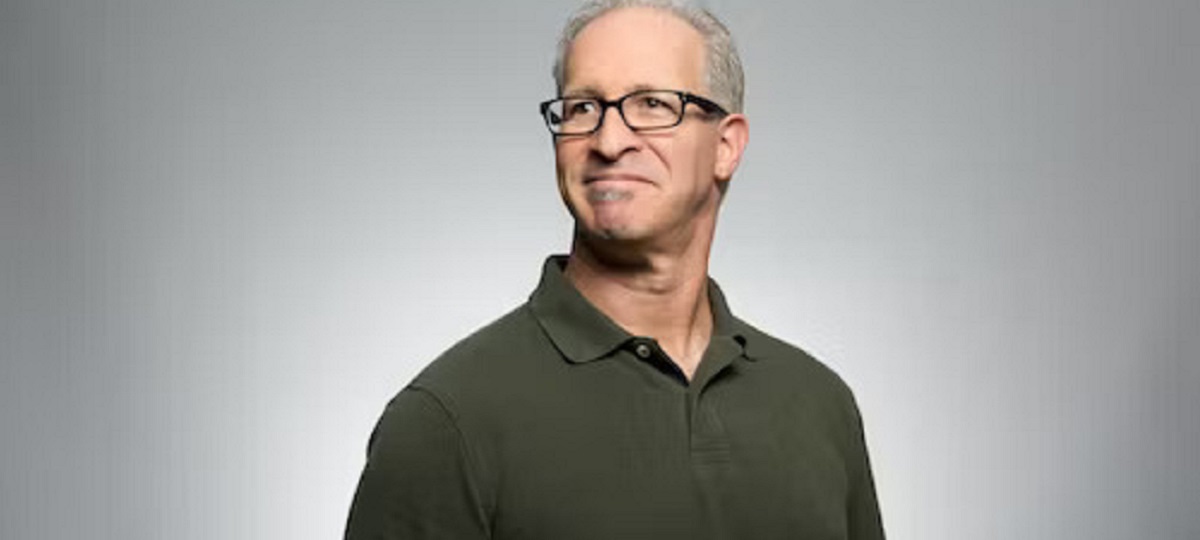For far too long, men’s mental health has been shrouded in silence. Stigmas around seeking help, coupled with societal expectations of masculinity, have created a situation where men often suffer in quiet isolation. Men’s Mental Health Awareness is a crucial movement that aims to break down these barriers and encourage open conversations about the emotional well-being of men.
Why is Men’s Mental Health Awareness Important?
Suicide is a greater cause of death for males than for women. This statistic alone underscores the urgency of addressing men’s mental health concerns. Societal pressures to be strong and stoic can prevent men from acknowledging their struggles and seeking help. This can lead to a cycle of isolation, worsening symptoms, and ultimately, tragic consequences.
Understanding the Challenges
The core challenge lies in the deeply ingrained societal expectations of masculinity. Men are often expected to be the providers, the protectors, the unemotional pillars of strength. Showing vulnerability or seeking help can be seen as a sign of weakness, leading to shame and reluctance to reach out. This stigma not only affects men directly but also discourages open conversations about mental health within friend groups and communities.
Breaking the Cycle: Fostering Openness and Support
Men’s Mental Health Awareness works to dismantle these harmful stereotypes. It emphasizes that:
- Strength lies in seeking help: Just as men wouldn’t hesitate to seek medical attention for a physical ailment, taking care of mental health is equally important.
- Emotions are valid: It’s okay for men to feel a range of emotions, from sadness and anger to fear and vulnerability. Suppressing emotions can be detrimental to mental well-being.
- Open communication is key: Talking about mental health struggles with friends, family, or a therapist can be incredibly liberating and lead to support and understanding.
Creating a Supportive Environment
Several actions can be taken to create a more supportive environment for men’s mental health:
- Normalize conversations about mental health: Talk openly about mental health issues, just as you would discuss physical health concerns. Share personal stories or experiences (if comfortable) to break the ice.
- Challenge traditional masculinity: Redefine what it means to “be a man.” Encourage men to express their emotions, seek help, and prioritize self-care.
- Promote help-seeking resources: Make information about mental health hotlines, therapists specializing in men’s issues, and online support groups readily available.
- Lead by example: If you’re a man, be open about your own mental health journey. This can inspire others to seek help and normalize the conversation.
Strategies for Men
Men may protect their mental health proactively by doing the following:
- Build strong social connections: Invest in quality relationships with friends and family. Having a support system allows you to share your struggles and feel understood.
- Practice self-care: Prioritize activities that reduce stress and promote relaxation. Exercise, meditation, spending time in nature, or pursuing hobbies can be incredibly beneficial.
- Develop healthy coping mechanisms: Learn healthy ways to manage stress and emotions. Talk therapy, journaling, or practicing mindfulness exercises can be helpful.
- Seek professional help when needed: Getting assistance from a therapist or counsellor is not a sign of weakness. They can offer direction, encouragement, and efficient therapeutic methods.
Conclusion
Men’s Mental Health Awareness is not just a campaign; it’s a call to action. It’s about creating a world where men feel empowered to prioritize their mental well-being, just as readily as they prioritize their physical health. By dismantling stigma, fostering open communication, and promoting help-seeking resources, we can create a society where men can thrive, not just survive. Remember, strength lies not in silence but in seeking the support you need to live a fulfilling and emotionally healthy life.
